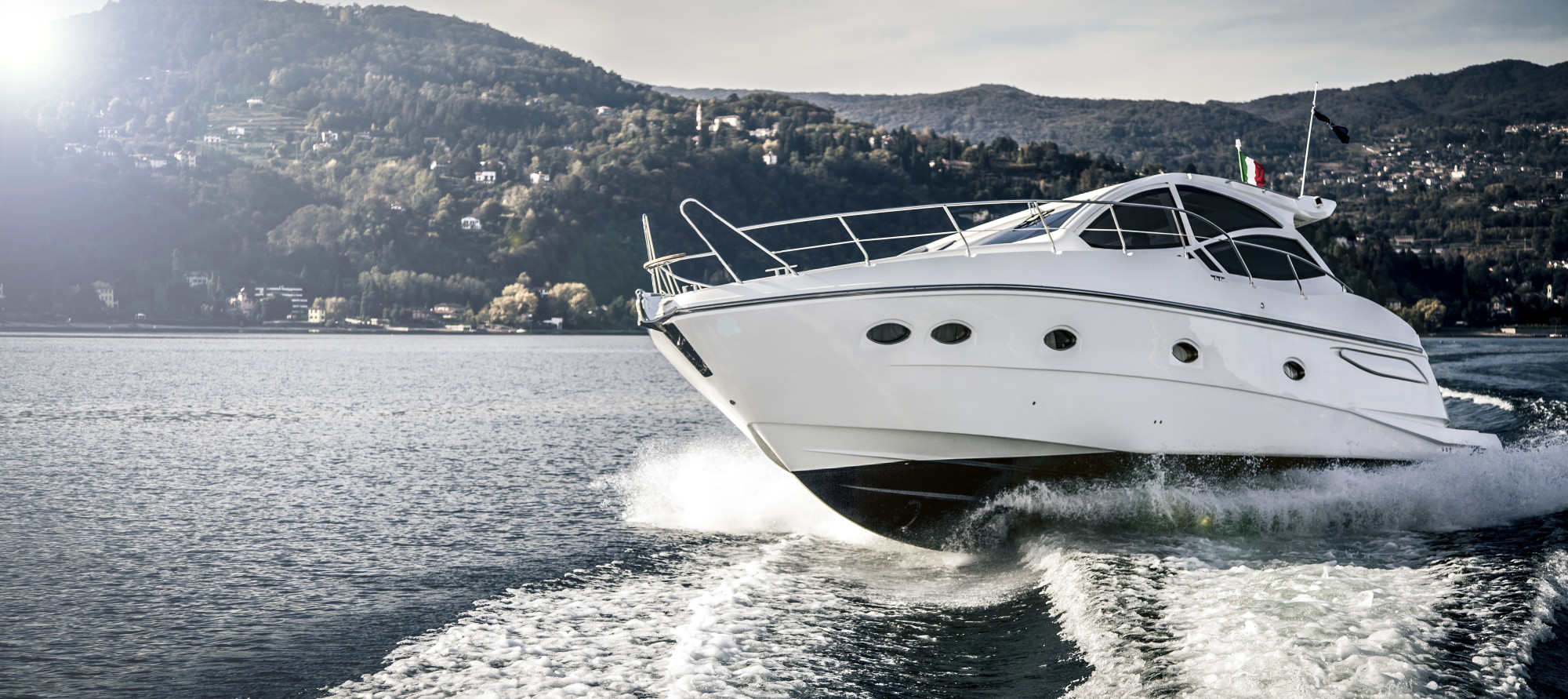Deciding whether to purchase a boat is a major decision that requires careful consideration. While boating can be a rewarding and enjoyable experience, it also comes with significant responsibilities and expenses. This article provides a comprehensive guide to help you evaluate your needs, assess the costs involved, and determine if owning a boat is the right choice for you.
Before making a purchase, it is essential to assess your intended use for the boat and match it with the appropriate type and size. Consider the primary activities you plan to engage in, such as fishing, cruising, water sports, or simply relaxing on the water. Additionally, factor in the number of people you typically have on board and their comfort level with boating.
With a clearer understanding of your boating needs, you can begin exploring the different types of boats available. From small fishing boats to spacious cruisers, the options are vast. It is important to research and compare different models, considering their features, performance capabilities, and suitability for your intended use.
I Should Buy a Boat
Considering a boat purchase? Here are three key points to ponder:
- Assess Your Needs:
- Research and Compare:
- Consider Costs and Responsibilities:
Remember, boat ownership is a significant commitment, so it's essential to make an informed decision based on your needs, preferences, and financial situation.
Assess Your Needs:
Before embarking on your boat-buying journey, it's crucial to take a step back and carefully consider your needs and preferences. This introspective exercise will help you make an informed decision that aligns with your lifestyle and boating aspirations.
- Intended Use:
Envision how you plan to use the boat. Will it primarily serve as a fishing vessel, a leisurely cruiser, or a platform for water sports? Clearly defining your intended use will help narrow down your boat choices.
- Passenger Capacity:
Consider the number of people you typically have on board. Ensure that the boat you choose can comfortably accommodate your family and friends, without overcrowding or compromising safety.
- Comfort and Amenities:
Evaluate your desired level of comfort and amenities. Do you prioritize a spacious cabin, a well-equipped galley, or ample storage space? Make a list of the features that are important to you.
- Skill Level and Experience:
Assess your boating skills and experience. If you're a novice boater, a smaller, easier-to-handle boat might be a better choice initially. You can always upgrade to a larger, more powerful boat as your skills and confidence grow.
By thoroughly assessing your needs, you'll gain a clearer understanding of the type and size of boat that best suits your lifestyle and boating goals.
Research and Compare:
Once you have a clear understanding of your boating needs, it's time to embark on a comprehensive research and comparison process. This crucial step will help you identify the boat models that best align with your requirements and preferences.
1. Explore Different Boat Types:
Familiarize yourself with the various types of boats available, from fishing boats and pontoon boats to cruisers and sailboats. Each type offers unique advantages and drawbacks, so it's essential to understand their characteristics and suitability for your intended use.
2. Research Boat Brands and Models:
深入了解受歡迎的船舶品牌和型號。閱讀評論,比較規格,並參觀船展以親自體驗不同的船隻。在這個階段,不要害怕提出問題並尋求專業人士的建議。
3. Consider Your Budget:
Always keep your budget in mind while researching and comparing boats. Remember that the purchase price is just the beginning; you'll also need to factor in ongoing expenses such as fuel, maintenance, insurance, and storage.
4. Evaluate Resale Value:
While you may not be planning to sell your boat anytime soon, it's wise to consider its resale value. Boats that hold their value well will be easier to sell when the time comes.
By conducting thorough research and comparing different boat models, you'll be able to make an informed decision that aligns with your needs, preferences, and budget.
Consider Costs and Responsibilities:
Owning a boat is not just about the initial purchase price. There are ongoing costs and responsibilities that you need to be prepared for before making a buying decision.
- Maintenance and Repairs:
Boats require regular maintenance and occasional repairs to keep them in good condition. These costs can vary depending on the type of boat, its age, and how often you use it.
- Fuel and Other Operating Costs:
The cost of fuel can be a significant expense, especially for larger boats or those used frequently. You'll also need to factor in the cost of oil, filters, and other consumables.
- Insurance:
Boat insurance is essential to protect your investment and yourself from liability in case of an accident. The cost of insurance will depend on the value of your boat, your boating experience, and the coverage you choose.
- Storage:
If you don't have a dock or slip at your home, you'll need to pay for storage. This can be a monthly or annual fee, depending on the location and type of storage facility.
In addition to these direct costs, there are also indirect costs associated with boat ownership, such as the time and effort required for maintenance, cleaning, and trailering your boat. It's important to carefully consider all of these factors before making a decision to purchase a boat.
FAQ
To provide further clarity and address common questions, we have compiled a comprehensive FAQ section:
Question 1: How do I determine the right size boat for my needs?
Answer: Consider the intended use, passenger capacity, comfort level, and your skill level when determining the appropriate boat size.
Question 2: What factors should I consider when comparing different boat models?
Answer: Evaluate factors such as boat type, brand reputation, features, performance, fuel efficiency, and resale value.
Question 3: How can I stay within my budget when purchasing a boat?
Answer: Set a realistic budget that includes the purchase price, ongoing costs (maintenance, fuel, insurance, storage), and potential upgrades.
Question 4: What safety precautions should I take while boating?
Answer: Always wear a life jacket, be aware of weather conditions, carry necessary safety equipment, and operate the boat responsibly.
Question 5: How can I maintain my boat properly?
Answer: Follow the manufacturer's maintenance schedule, regularly clean and inspect the boat, and address any issues promptly.
Question 6: Where can I find reputable boat dealers and service providers?
Answer: Seek recommendations from experienced boaters, read online reviews, and visit boat shows to connect with reputable dealers and service providers.
Remember, boat ownership requires dedication and responsibility. By carefully considering your needs, conducting thorough research, and being prepared for the costs and responsibilities involved, you can make an informed decision about whether purchasing a boat is the right choice for you.
As you embark on your boating journey, the following tips can help ensure a safe and enjoyable experience:
Tips
To enhance your boating experience and ensure safety on the water, consider the following practical tips:
Tip 1: Prioritize Safety:
Always wear a life jacket while on board, carry essential safety equipment, and familiarize yourself with local boating regulations and safety procedures.
Tip 2: Regular Maintenance:
Follow the manufacturer's maintenance schedule, regularly inspect your boat for any issues, and promptly address any problems to prevent costly repairs.
Tip 3: Responsible Operation:
Operate your boat responsibly, be aware of other boaters and watercraft, and adhere to speed limits and navigation rules.
Tip 4: Boating Education:
Consider taking boating safety courses or workshops to enhance your skills and knowledge, particularly if you are a novice boater.
Remember, boating should be enjoyable and relaxing. By following these tips and adhering to safe boating practices, you can create memorable moments on the water while ensuring the safety of yourself and your passengers.
As you navigate the world of boat ownership, remember that careful planning, responsible operation, and ongoing maintenance are key to a fulfilling and safe boating experience.
Conclusion
The decision to purchase a boat is significant and involves careful consideration of various factors. By thoroughly assessing your needs, researching and comparing different boat options, and understanding the costs and responsibilities involved, you can make an informed choice that aligns with your lifestyle and budget.
Owning a boat can provide immense joy and create lasting memories on the water. However, it's essential to approach boat ownership responsibly, prioritizing safety, regular maintenance, and responsible operation. By following these guidelines and adhering to safe boating practices, you can ensure a fulfilling and enjoyable boating experience for yourself and your loved ones.
Bald Guy Drinking Orange Juice: Understanding The Profound Connection
Joie Chavis And Trevon Diggs: A Deeper Look Into The NFL Power Couple's Relationship
Soak Mums In Bucket Of Water: A Comprehensive Guide

ever wonder why he thought he should buy a boat? Imgflip

Should I Buy a Boat? The Best Boat for the Money (And Your Budget

I should buy a boat Imgflip
ncG1vNJzZminopq0eHrSbGWuq12ssrTAjGtlmqWRr7yvrdasZZynnWS2br%2FHqKylnF2Xwrp5wGaZqJmkY7W1ucs%3D